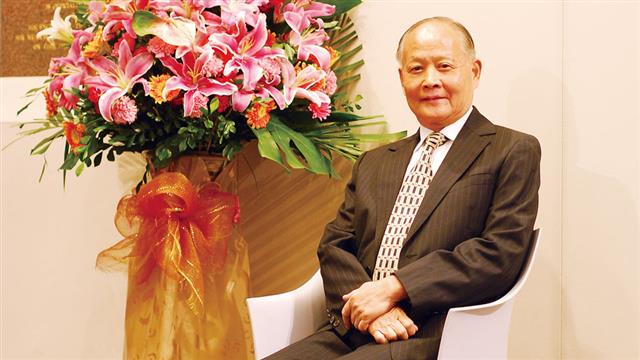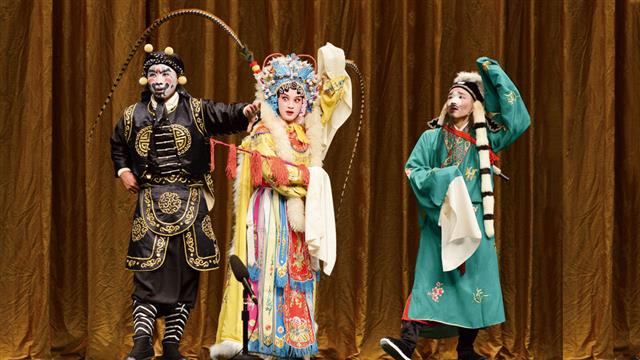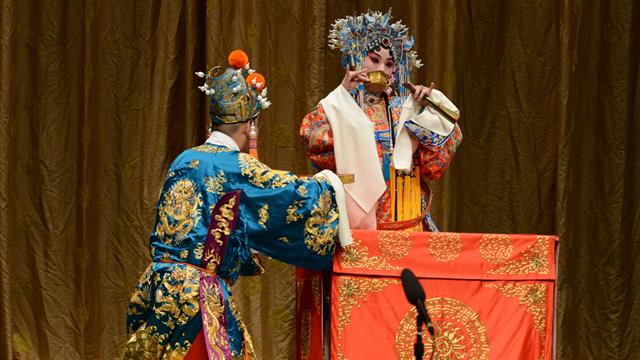- Director of the China Peking Opera Arts Foundation
- Founder of the KOO Ti Hua Foundation for the Promotion of KunQu Opera
- Organizer of 'An Operatic Journey of Cultural Heritage through Peking, Kunqu and Cantonese Traditions'
Why did you devote yourself to the promotion of Kun opera in the past 20 years?
Considered to be the mother of all Chinese operas, Kunqu is the oldest form of opera in China. It has a history of at least 450 years. If you trace its roots to Yuanqu, it is already 600 years old. In the early stages of its development, Kunqu had a vast repertoire of close to 1,000 libretti. But today only about 100, including newly revived ones, are still being put on stage. It is imperative for us to rediscover and revive old libretti and to pass them on to future generations.
What's your opinion on reforming Kun opera?
In the past two or three decades, China saw a number of reforms in the creation of Kunqu scripts and productions, many of them results of financial incentives offered by the government. It's a pity to see that many of these new plays deviate from the traditional form of Kunqu. As the new generation of audience is unfamiliar with the refinement of the original forms of the art, they are misled into thinking this is what Kunqu is like. Reforms are acceptable, but the authentic style and essence should be preserved. You shouldn't take away the refined elements.
How do you attract a younger audience?
Recently there has been a trend to stage operas on university campuses. I've arranged several performances at City University and Polytechnic University in Hong Kong. Last year Mr. Lee Woo-sing and I organized an 'Introduction to Peking Opera and Kunqu' at CUHK, which was well received. The students realized that Chinese opera is interesting and can be a lot of fun. We have more and more young viewers now. They can tell that Chinese opera is the gem of our heritage. Peking opera, Kun opera and Cantonese opera all have well-established ways of performing. Singing, acting, recitation and acrobatics are all done in accordance with rules. On this occasion we brought three styles of Chinese opera to CUHK campus to show students how refined they are.
What is special about the Kun and Peking opera excerpts selected for this event?
The promotion of opera is indispensable to the dissemination of Chinese culture. We arranged four excerpts for this event, which are all about the famed 'Four Beauties' in Chinese history. They aim at enabling students to have a better understanding of history from an artistic perspective. The Peking opera excerpts 'The General and the Prime Minister Make Peace' and 'Wu Song Fighting at the Inn' are also rich in historical detail. Both Kun and Peking operas are about the basic virtues in traditional Chinese morality.





